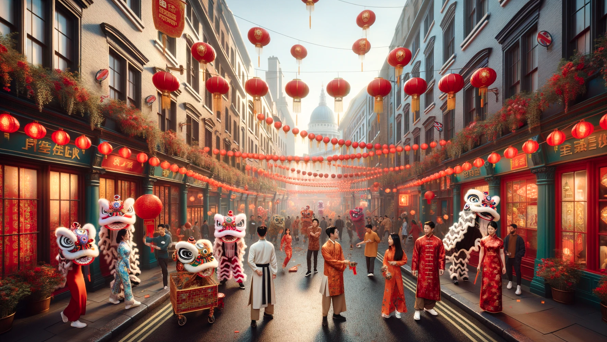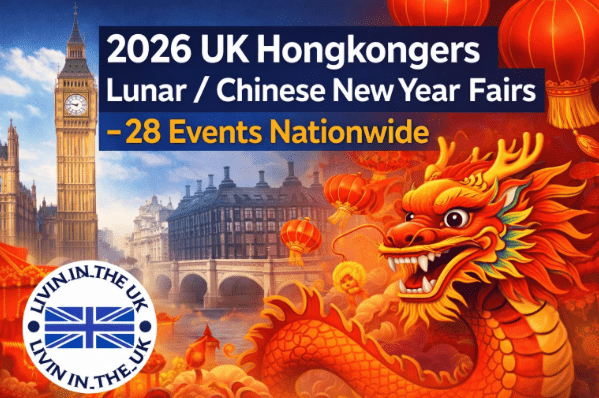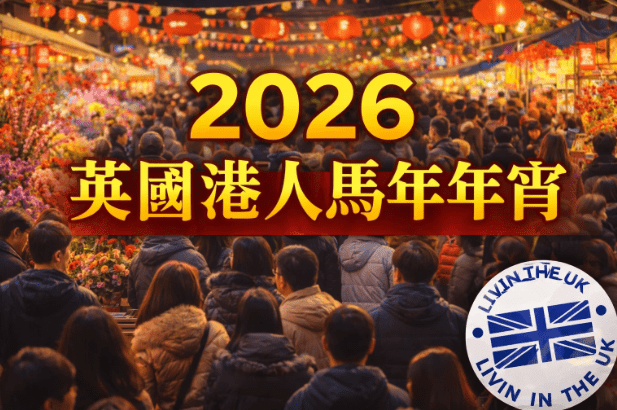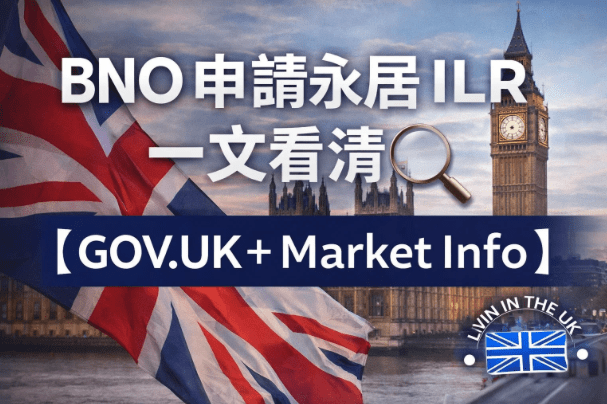
The Spring Festival, widely celebrated in the UK’s Chinese community and across Asia, is known by different names in various cultures. Traditionally, the festival is set according to the lunar calendar, which is based on the moon’s cycles, leading to varying dates each year.
In discussions about the Spring Festival, the terms ‘Lunar New Year’ and ‘Chinese New Year’ are often used interchangeably. However, ‘Chinese New Year’ specifically refers to the Chinese way of celebration and tradition, while ‘Lunar New Year’ is a more inclusive concept. In fact, many other Asian countries also celebrate their own Lunar New Year, each with its unique traditions and culture. For example, in Vietnam, the festival is called ‘Tết’, and in South Korea, it is known as ‘Seollal’. Each country has its own unique traditions and customs, like Vietnam’s special New Year cakes (bánh chưng) and decorations, and Korea’s traditional attire (hanbok) and ancestral rites.
Therefore, in a multicultural country like the UK, using ‘Lunar New Year’ is more inclusive of different Asian cultures and respects the various ways communities celebrate. Additionally, since ‘Lunar New Year’ encompasses a broader range of festival celebrations, this term helps promote a deeper understanding and respect for Asian cultures.
Although ‘Chinese New Year’ and ‘Lunar New Year’ can be used interchangeably in informal settings, choosing the correct term becomes important when discussing specific cultural traditions. For instance, when speaking to people from different Asian cultural backgrounds, using ‘Lunar New Year’ or the respective culture-specific name shows respect and understanding of their culture.
In summary, the term ‘Lunar New Year’ not only reflects respect for cultural diversity but also fosters cross-cultural exchange and understanding. In a multicultural environment like the UK, such inclusivity and respect are crucial for community harmony.




